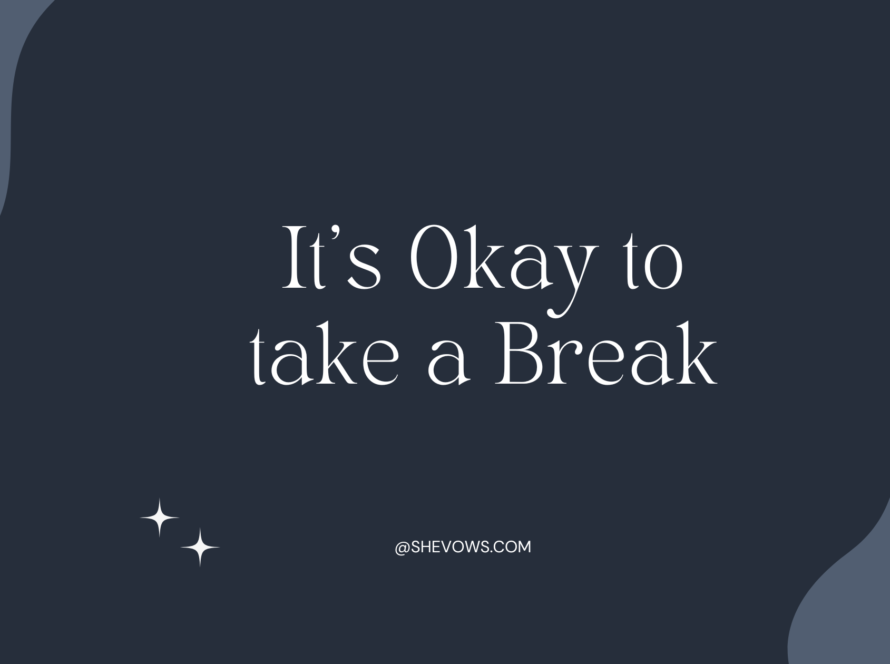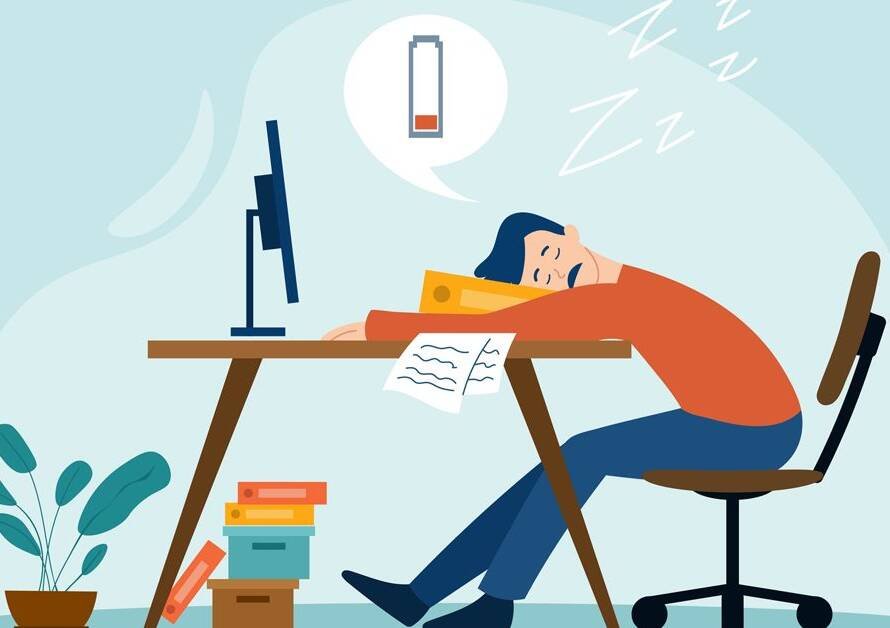Quality sleep is the foundation of mental health; during those restful hours, our minds heal, stress fades, and we build the strength to face each new day with clarity and resilience.”
Why Does Good Sleep Matter for Your Mental Health?
Ever wonder why a good night’s sleep can completely transform your mood? Studies show that sleep and mental health are closely connected. When you understand how emotions affect sleep quality—and how sleep regulates emotions—you unlock a powerful tool for boosting your health and well-being.
The Vital Role of Sleep in Mental Health
Sleep isn’t just about resting your body; it’s crucial for mental well-being too. Research shows that high-quality sleep helps process daily experiences, manage emotions, and reduce stress. Without enough sleep, staying calm becomes harder, thinking gets cloudy, and mood swings can worsen. Poor sleep also weakens critical abilities like memory, learning, and focus, making even small challenges feel overwhelming.
How Sleep Deprivation Impacts Mental Health
Lack of sleep does more than make you feel tired—it raises the risk of mental health issues like anxiety, depression, and even suicidal thoughts. For those with existing mental health conditions, poor sleep can make symptoms worse. The good news? Better sleep can help manage and ease these symptoms, making it a powerful ally in mental wellness.
How Much Sleep Do You Really Need?
The right amount of sleep depends on your age. Adults generally need 7-9 hours, teens should aim for 8-10 hours, and older adults benefit from 7 to 8 hours. Quality matters just as much as quantity—understanding your natural sleep patterns, whether you’re a “night owl” or an “early bird,” can help you align sleep with daily life for optimal benefits.
This Sleep Awareness Week, make quality sleep a priority. Embrace healthy sleep habits to enjoy a well-rested mind, stronger mental health, and an overall happier life.












